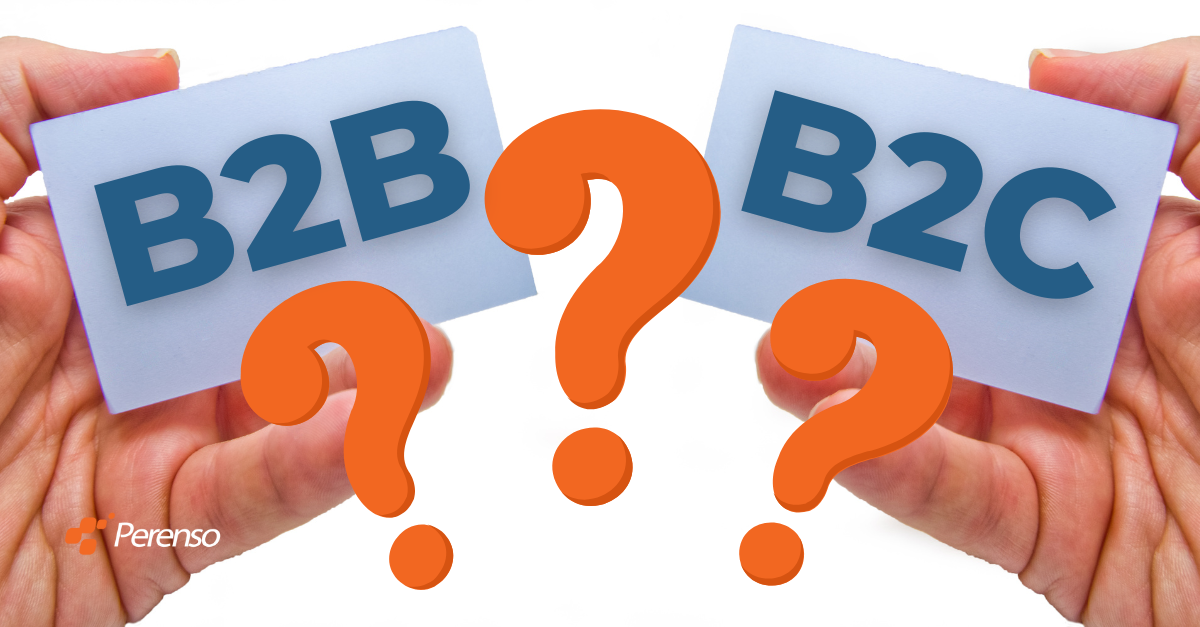Exploring the Latest B2B Ecommerce Trends
Discover the latest trends shaping the B2B ecommerce landscape and learn how they can impact your business.
Mobile Commerce: Revolutionizing B2B Ecommerce
Mobile commerce has transformed the way businesses engage with their customers in the B2B space. With the proliferation of smartphones and tablets, buyers now have the convenience of making purchases anytime and anywhere. This trend has forced B2B ecommerce platforms to optimize their websites and applications for mobile devices, ensuring a seamless and user-friendly experience for buyers. By embracing mobile commerce, businesses can expand their reach, improve customer satisfaction, and drive sales.
Furthermore, mobile commerce has opened up new opportunities for B2B businesses to leverage location-based services, push notifications, and mobile marketing tactics. These technologies enable businesses to deliver personalized and targeted content to their customers, increasing engagement and driving conversions. As mobile commerce continues to evolve, B2B businesses must stay ahead of the curve and adapt their strategies to meet the changing needs and preferences of their customers.
Personalization and Customization for Enhanced B2B Experiences
In the B2B ecommerce space, personalization and customization have become critical factors in providing enhanced experiences to buyers. Today's buyers expect tailored recommendations, personalized pricing, and customized product configurations. B2B businesses that can deliver personalized experiences are more likely to attract and retain customers, while also driving higher conversion rates.
To achieve personalization and customization, B2B businesses are leveraging advanced technologies such as artificial intelligence and machine learning. These technologies enable businesses to analyze vast amounts of customer data and generate insights that can be used to personalize marketing messages, recommend relevant products, and offer customized pricing. By leveraging personalization and customization, B2B businesses can create a competitive advantage and differentiate themselves in the market.
The Growing Importance of Omnichannel B2B Strategies
Omnichannel B2B strategies have emerged as a key trend in the ecommerce industry. B2B buyers now expect a seamless and consistent experience across multiple channels, including websites, mobile apps, social media, and physical stores. To meet these expectations, B2B businesses are adopting omnichannel strategies that integrate their online and offline channels, providing a unified experience to buyers.
By implementing omnichannel strategies, B2B businesses can deliver a cohesive brand experience, improve customer satisfaction, and drive loyalty. For example, buyers can start their research online, visit a physical store to see the product in person, and then complete the purchase online. This seamless transition between channels enhances the overall buying experience and increases the likelihood of repeat purchases.
Leveraging Artificial Intelligence and Machine Learning in B2B Ecommerce
Artificial intelligence (AI) and machine learning (ML) are revolutionizing the B2B ecommerce landscape. These technologies enable businesses to automate processes, analyze data, and make data-driven decisions, leading to improved operational efficiency and better customer experiences.
AI and ML can be used in various ways in B2B ecommerce. For example, businesses can leverage AI-powered chatbots to provide instant customer support, automate order processing through intelligent algorithms, and use predictive analytics to forecast demand and optimize inventory management. By harnessing the power of AI and ML, B2B businesses can streamline their operations, reduce costs, and deliver personalized experiences to their customers.
The Role of Data Analytics in Driving B2B Ecommerce Success
Data analytics plays a crucial role in driving B2B ecommerce success. By collecting and analyzing customer and business data, B2B businesses can gain valuable insights that can inform their decision-making and drive growth.
Data analytics can help businesses identify trends, understand customer behavior, and make data-driven marketing and sales decisions. For example, businesses can use data analytics to segment their customers, identify high-value customers, and create targeted marketing campaigns. Additionally, data analytics can provide insights into website performance, conversion rates, and customer satisfaction, enabling businesses to optimize their ecommerce platforms for better results.
In conclusion, the B2B ecommerce landscape is constantly evolving, with trends like mobile commerce, personalization, omnichannel strategies, AI and ML, and data analytics shaping the industry. By embracing these trends, businesses can expand their reach, improve customer satisfaction, and drive sales. It is crucial for B2B businesses to stay ahead of the curve and adapt their strategies to meet the changing needs and preferences of their customers. To thrive in this competitive landscape, it is essential for businesses to leverage the latest technologies and data insights to create personalized experiences, streamline operations, and drive growth. Stay informed, stay innovative, and continue to explore how these trends can impact your business further.
Find out how Perenso can help ensure your business' B2B ecommerce success:
You May Also Like
These Related Stories

How to Choose the Right B2B Ecommerce Platform for Your Business

Cost-Effective Lead Capture Solutions for B2B Events



